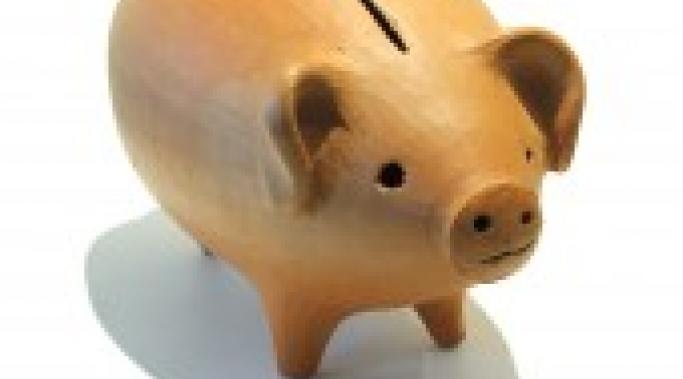Blogs
You didn't believe my last post on Stigma of Mental Illness Affects Parents Too--where I claimed to feel 100% non-responsible for my son, Bob's bipolar disorder and ADHD--did you? If you, too, are the parent of a child with a psychiatric diagnosis, you likely didn't buy it. Chances are, no matter how much you tell the world--and yourself--otherwise, you can't help but feel at least partially responsible for your child's mental illness. Especially if you, too, live with a psychiatric illness.
Next week is Mental Illness Awareness Week in Canada and the US. It's our week to get out, speak up and be heard. It's our week not to be ashamed of our illness or the illness of our loved ones. It's our week to march, write, Twitter, Facebook, talk and tell politicians how important issues of mental illness are.
But what if you don't want the world knowing you have a mental illness?
Strung out, wound up, where am I again?
Stay present. Get grounded. Wracking my brain for self help anxiety techniques.
Don't go away. Please don't leave me this way. Sweaty palms, and here I am. Floating like that plastic bag in American Beauty, only it isn't nearly so noble when you're the bag.
I used to make lists of things I liked and didn't like. If I wanted to marry and have children, that went on the list. If I enjoyed musical theater, that too went on the list. Inevitably a day would come when I couldn't imagine wanting to marry or liking musicals. I was perplexed as to why they were on the list in the first place. So I'd start a new one. I was trying hard to figure out who I was. As soon as I had a decent handle on the nature of my identity, it would slip through my fingers once again. I kept these lists in an effort to pin down my sense of self in a concrete and lasting way. What I didn't know is that I have Dissociative Identity Disorder. Identity confusion is a normal, if monumentally frustrating, part of DID.
In the past few years my life has changed a lot. I went from being a single full-time working professional with disposable income to being a married mother with a whole lot more financial responsibilities. My husband and I were one of the first from our group of friends to settle down and have kids which means that many of our friends are still having a great carefree social life that often includes spending more money than we would like.
My name is Becky Oberg, and I have borderline personality disorder. I began self-injuring in college after witnessing an assault. I blamed myself for not being able to stop it—even though I’m a five-foot tall woman and would’ve been taking on two men, both of whom were about a foot taller. I began cutting out of guilt. I believed that if I hurt myself, I would learn to not fear pain, and if I did not fear pain, I could override it and take control of any situation--even one in which I could be seriously injured or killed.
My name is Angela, and my kid has bipolar disorder and ADHD.
Now that I’ve completed the first step, I’d like my coffee and donut, thank you.
It’s taken me a long time to get here.
We have ways to describe anxiety and fatigue: Bone-weary, bushed, all in, dazed, dopey, depleted, drugged. Washed-up, worn-out, dozy, dreamy. Soporific, sluggish, torpid, tuckered, done. One of the hardest parts of living with anxiety is how tired you get. Anxiety can cause extreme fatigue. In fact, the fatigue of anxiety, that lack of energy, is often the first tip that something's really not okay.
I recently wrote a post called The Benefits of a Good Cry which talks about how a weeping session now and then can be good for you - both physically and emotionally. This video expands upon that topic and talks about my five favorite tear-jerker movies.
I think the name "More than Borderline" is an excellent name for the blog, especially since so many mental health professionals will dismiss people with Borderline Personality Disorder (BPD) as "just a borderline".







